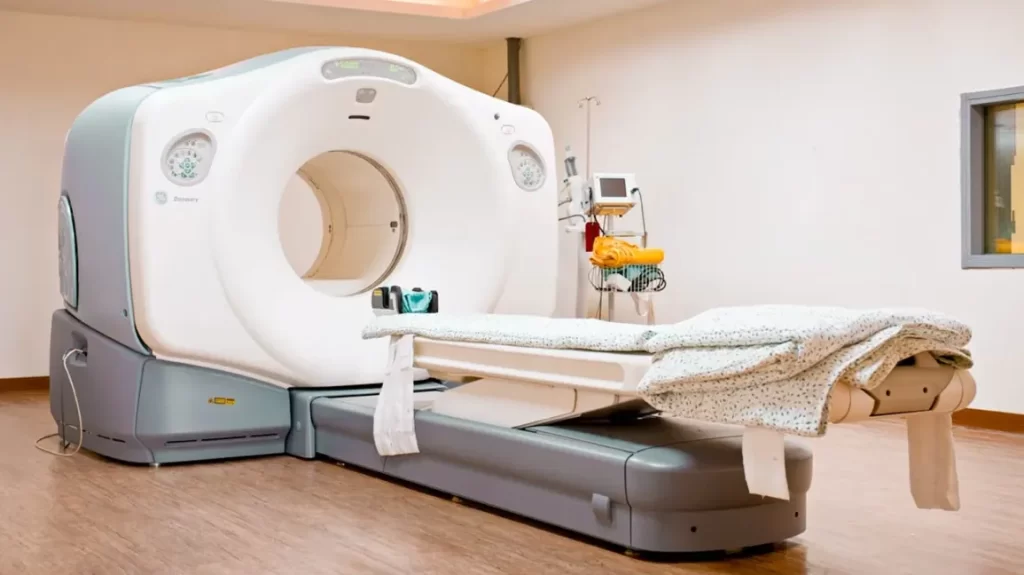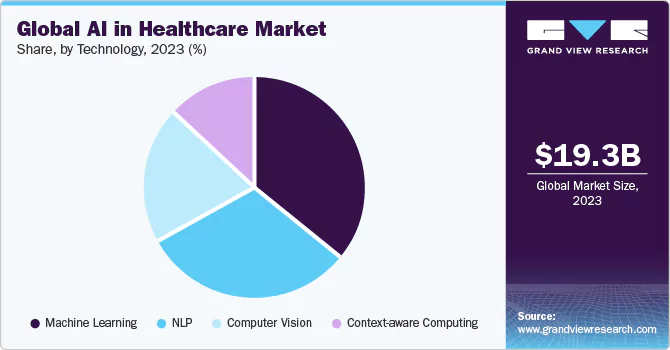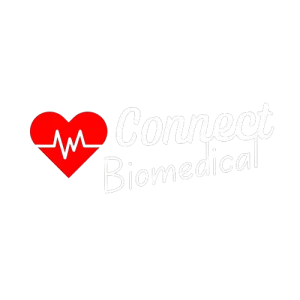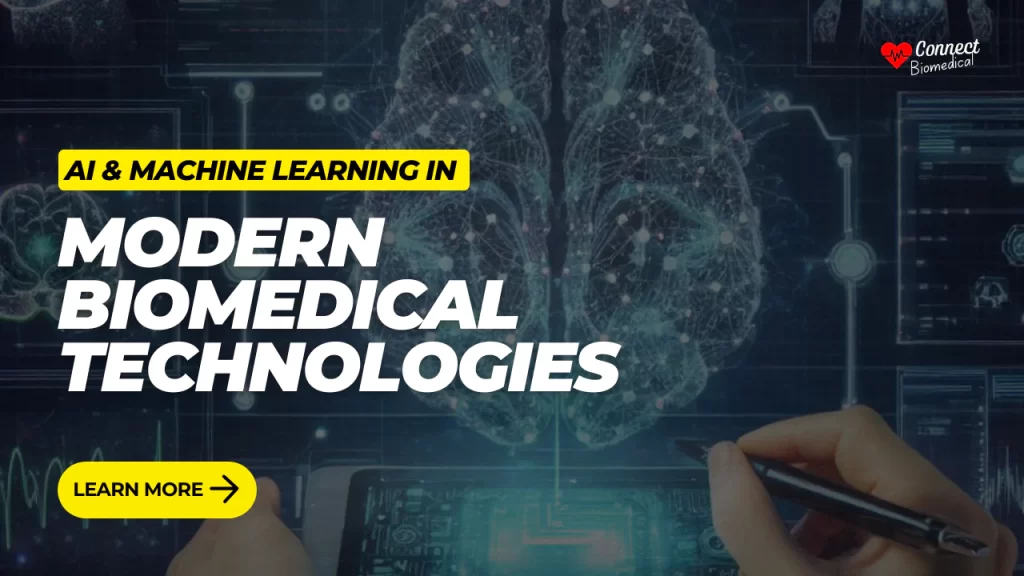Artificial Intelligence (AI) and Machine Learning (ML) are transforming the Modern biomedical landscape. These technologies are no longer confined to theoretical applications; they’re actively reshaping diagnostics, treatment, and patient management.
AI’s capabilities to analyze vast amounts of medical data quickly and accurately are revolutionizing healthcare, making it more efficient and accessible. From enhancing imaging techniques to personalizing medicine, the influence of AI and ML is expanding at an impressive pace.
One of the most profound impacts of AI in healthcare is in medical imaging. AI-driven image analysis has become indispensable in fields like radiology and oncology, where accuracy is critical.

Machine learning algorithms can analyze MRI, CT, and PET scans more swiftly and consistently than traditional methods, aiding in the early detection of diseases.
For example, AI algorithms have shown high accuracy in identifying early-stage breast cancer from mammograms, often spotting anomalies that may go unnoticed by human eyes.
By integrating AI in imaging, hospitals can improve diagnostic accuracy, potentially catching diseases earlier and improving patient outcomes.
Predictive analytics has become an essential tool for proactive patient care. By analyzing patient data, ML models can predict disease progression, assess treatment risks, and even anticipate readmission chances.

Hospitals now leverage these insights to make informed decisions, allowing clinicians to provide timely interventions.
For example, AI can predict which patients are at high risk of postoperative complications, allowing healthcare providers to intervene before issues arise.
This predictive approach enhances patient care by focusing on prevention, ultimately reducing healthcare costs.
The drug discovery process has traditionally been lengthy and costly, often taking years to yield viable results. AI is streamlining this process by helping researchers analyze molecular structures, predict drug efficacy, and optimize clinical trial designs.
By quickly screening thousands of potential compounds, AI reduces the time and resources required for drug development.
For example, pharmaceutical companies are using AI to repurpose existing drugs to combat COVID-19 and other urgent health threats.
As a result, AI-enabled drug discovery is not only faster but also significantly more cost-effective, making life-saving treatments more accessible.
AI has opened up new possibilities in genomics, enabling precision medicine to become a reality. By processing large volumes of genomic data, ML algorithms can identify genetic mutations associated with certain diseases, allowing for more personalized treatment plans.

This precision approach ensures that treatments are tailored to a patient’s unique genetic makeup, maximizing effectiveness while minimizing side effects.
For example, AI is being used in oncology to determine which cancer therapies will be most effective for specific patients, improving survival rates and quality of life.
Digital genome is evolving rapidly as AI helps researchers uncover new insights into genetic disorders and treatments, driving advancements in personalized healthcare.

According to Consegic Business Intelligence, the Digital Genome Market size is estimated to reach over USD 68.92 Billion by 2031 from USD 26.03 Billion in 2023, growing at a CAGR of 13.2% from 2024 to 2031.
Wearable technology is a growing trend in healthcare, and AI plays a central role in analyzing data from these devices.
Wearables like smartwatches and fitness trackers collect continuous health data, which AI algorithms analyze to monitor conditions such as heart rate, activity levels, and even sleep patterns.
This data-driven insight allows patients to manage chronic conditions more effectively from home, reducing the need for frequent hospital visits. By flagging anomalies in real-time, wearable devices combined with AI help healthcare providers offer preventative care, making healthcare more proactive and accessible.
Despite the advantages, AI’s integration into healthcare is not without challenges. One significant concern is data privacy. With AI systems relying on vast amounts of patient data, ensuring the confidentiality and security of sensitive information is paramount.
Additionally, there’s the risk of algorithmic bias. If AI models are trained on biased data, they may produce skewed results, potentially impacting patient care.
The medical community also faces ethical questions around AI’s role in decision-making, as over-reliance on AI could dehumanize certain aspects of healthcare.
Hence, regulatory measures and ethical guidelines are essential to responsibly harness AI’s potential.
Looking forward, AI’s role in biomedicine is poised to grow even further. We can expect to see AI systems integrated across more healthcare platforms, from robotic surgery to advanced diagnostics.
Innovations in neural networks and natural language processing could make it easier to analyze unstructured medical data, such as clinical notes.
Ultimately, AI has the potential to improve patient outcomes, reduce healthcare disparities, and lower overall costs, making quality healthcare more accessible to people worldwide.
As technology advances, AI and ML will continue to be vital in pushing the boundaries of biomedical technology and transforming patient care for the better.
In conclusion, AI and machine learning are paving the way for unprecedented advances in the biomedical field. By enhancing diagnostic accuracy, enabling precision medicine, and promoting proactive patient care, these technologies are making healthcare smarter and more efficient.
While challenges remain, the potential benefits are substantial, positioning AI as a cornerstone of future healthcare innovation.
Source: Digital Genome Market
Author Bio: I’m Anurag, a content writer at Consegic Business Intelligence. With over 3 years of professional experience, I’ve specialized as a ghostwriter for prominent companies and industry publications, exploring various topics.





